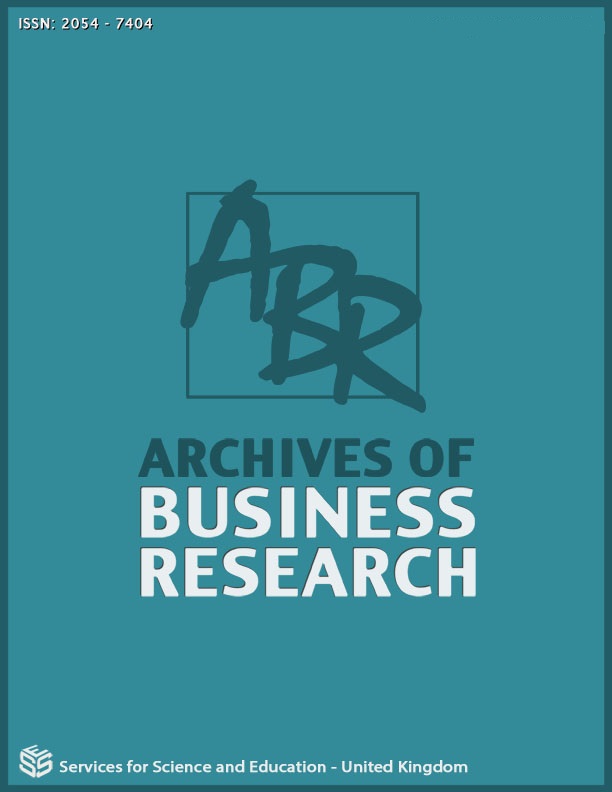A Systematic Literature Review Examining the Lean Startup and Organizational Learning
DOI:
https://doi.org/10.14738/abr.107.12713Keywords:
Business model innovation, Business experimentation, Customer discovery, Lean startup, Organizational learning, Systematic literature reviewAbstract
The lean startup refers to a decade-old, practitioner-developed, hypothesis-driven entrepreneurship method that entrepreneurs use to develop scalable new products, business models, and enterprises by learning through experimentation. Since its introduction, the lean startup empiric literature has evolved, and opportunities exist to extend these works. This review engages the research question- What relationship does the lean startup have with organizational learning? Utilizing systematic and snowball techniques, this review engages 132 citations- 38 lean startup, 21 lean startup-related, 72 organizational learning, and 1 systematic literature review method. This paper offers multiple contributions to the literature. It identifies multiple characterizations of the lean startup. This analysis highlights that the lean startup situates well with multiple aspects of organizational learning- including process, behavioral, and cognitive. However, it finds limited evidence reflecting a direct effect of the lean startup on organizational learning. Accordingly, while this work does extend current publications, it sees the need to build on the extant literature, emphasizing lean startup’s direct influence on organizational learning. Emerging from this observation is a research question that captures this opportunity- How does the lean startup method’s use directly impact organizational learning in nascent ventures? Finally, from this question and considerations around the study’s findings and limitations, this review proffers multiple questions that define an agenda for future empiric research around these two phenomena.
Downloads
Published
How to Cite
Issue
Section
License
Copyright (c) 2022 John M. York

This work is licensed under a Creative Commons Attribution 4.0 International License.






